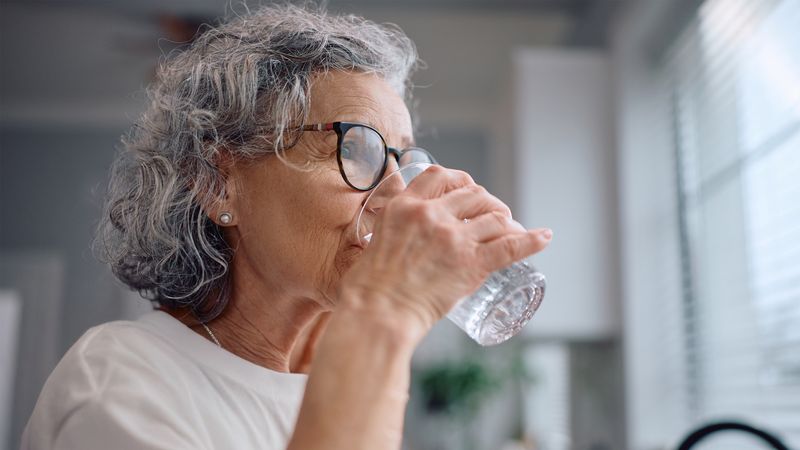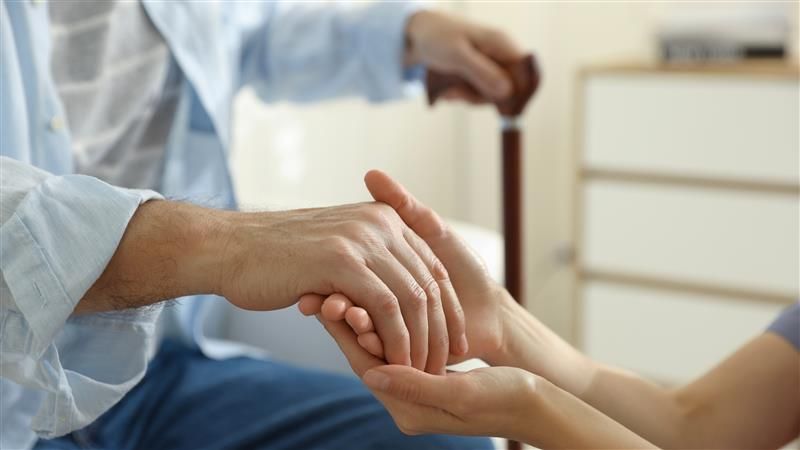The national Heat-Health Alert system runs from 1 June to 30 September.
There are currently no Heat-Health Alerts in force in Kent.
Sign up to receive weather health alerts and read more about they mean.
Many of us love the summer sun.
But hot weather also brings potential risks to health, particularly for our more vulnerable residents.
It's because the human body has to work extra hard to keep cool.
So when temperatures climb:
- keep a close eye on older people, young children, expecting mums and individuals with long term conditions such as Alzheimer’s and dementia, who may not be aware they are overheating – make sure they drink lots of water and don't sit in strong sun
- keep cool at home – by closing curtains on windows that face the sun and opening windows at night when it's cooler outside than in
- be sun-savvy when out and about – travel with bottled water and use SPF30 or above sunscreen

“Following practical advice to stay cool can help you and your loved ones keep well – and reduce demand for NHS or emergency services”
Kent County Council (KCC) Director of Public Health, Dr Anjan Ghosh, said: "Lots of us enjoy the sunshine. But figures show higher temperatures can cause a wide range of health issues, from minor to life-threatening. Hot weather is especially difficult for babies, the elderly and people who are already unwell.
“Dehydration, heat rash, dizziness and heart attacks are just some of the things that can happen to us when we overheat. But following practical advice to stay cool can help you and your loved ones keep well – and reduce demand for NHS or emergency services.”

“Many of us have vulnerable family members, friends and neighbours. Checking in with them regularly during spells of hotter weather to make sure they’re coping, especially if they are living alone, can help keep them safe”
Diane Morton, KCC Cabinet Member for Adult Social Care and Public Health, said: “Many of us have vulnerable family members, friends and neighbours. Checking in with them regularly during spells of hotter weather to make sure they’re coping, especially if they are living alone, can help keep them safe.
“Moving someone to a cooler part of their home and ensuring there’s plenty of water in easy reach are simple ways to reduce the risk of heat exhaustion or heatstroke.”
- know the symptoms of heat exhaustion and heatstroke - and what to do if you or someone else has them

Drinking plenty of water when it's hot will help you stay hydrated and lower the risk of heat exhaustion and heat stroke.
Other top tips for staying safe and well in hot weather include:
- staying hydrated by avoiding excess alcohol
- doing intense exercise in the cooler parts of the day
- carrying your asthma inhaler, if you use one, with you because hot weather and thunderstorms can make lung conditions worse. If you notice you need to use your inhaler more frequently because of the weather, please talk to your pharmacist, contact your GP or NHS 111
Should you or anyone you know become unwell in hot weather:
- if it's not an emergency, visit or call NHS 111
- If you’re not sure what health service to use, go to Stop, Think, Choose
- In an emergency, always ring 999

“By taking simple precautions, such as staying hydrated and finding shade during the hottest parts of the day, you can significantly reduce the risk of becoming ill and needing the services of the NHS”
Dr Ash Peshen, Deputy Chief Medical Officer at NHS Kent and Medway, said: “However much we might like the sun, we know that it can have detrimental effects on our health, especially for the young, our elderly residents and those who are most vulnerable.
“By taking simple precautions, such as staying hydrated and finding shade during the hottest parts of the day, you can significantly reduce the risk of becoming ill and needing the services of the NHS.
“Please also do check in on your vulnerable neighbours, families and friends to make sure they are aware of the forecast and following the necessary advice.”
- For more information and advice, visit kent.gov/keepingcoolinhotweather.




